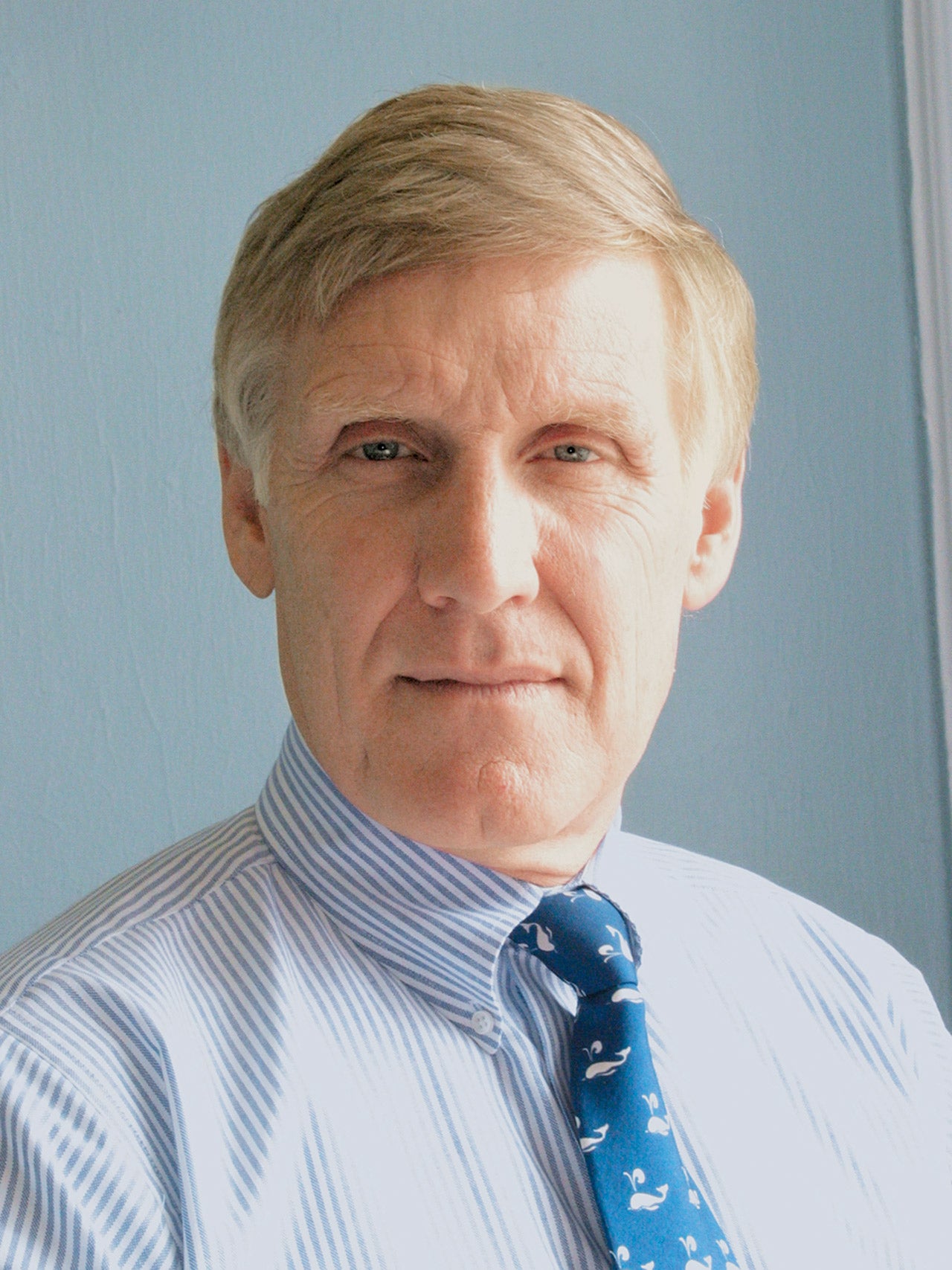For 25 years, Douglas Foy ‘ 73 served as head of the Conservation Law Foundation, a New England-based environmental advocacy group whose frequent lawsuits changed the landscape of the region, literally. But now Foy has jumped from the courthouse to the State House, named by Massachusetts Gov. Mitt Romney ‘ 75 as the first chief of Commonwealth Development.
The move has required Foy to change his thinking and his strategies. At CLF he pushed for the “pure”; now he seeks to implement the “possible.” And for that reason, he suspects the organization will soon come after him. In fact, Foy says he is confident CLF has offered a bounty to the first staffer that names him in a lawsuit.
“If they do not end up challenging something we’re doing here, they’re probably not doing their job,” said Foy of the organization that he grew from a staff of fewer than 10 employees to a group of more than 50, with offices in five states. The lawsuits CLF initiated and the deals Foy struck have, among other things, forced the cleanup of Boston Harbor, halted plans for the Seabrook 2 nuclear reactor in New Hampshire and eliminated the possibility of oil drilling in Georges Bank.
Though some called his work at CLF obstructionist and extreme, Foy has no doubt that the results have vindicated his efforts. “There were all sorts of bad things that CLF stopped and a bunch of really interesting good things that CLF has forced to happen,” he said. “I never walk along Boston Harbor without thinking about the fact that 20 years ago it was cesspool, and now . . . it has become this enormous economic engine for the city of Boston.”
When Romney, the career businessperson, named Foy, the area’s most visible environmental activist, to guide the state’s development program, many were surprised. But Foy believes it was a perfect match: “Governor Romney had campaigned on a platform of smart growth, sustainable development, environmental protection, wiser transportation investments, transit-oriented development. . . . We worked on these issues [at CLF].”
[pull-content content=”Though he occasionally uses the phrase %DQUOTE%smart growth,%DQUOTE% he favors a more simple maxim: Stop doing stupid things.” float=”left”]
In the past, Foy argues, the commonwealth tended to drive development in the wrong places and encouraged constructing new buildings and roads before fixing old ones. In addition, state agencies often operated independently of each other, without any coordination or regional planning. One of Romney’s primary goals in appointing a head of Commonwealth Development was to create a position where the actions of four of the state’s principal development agencies–the departments of transportation, housing, environment and energy–could be coordinated.
Even with control of these agencies, Foy can be hindered by the occasionally divergent agendas of 351 cities and towns, a long history of home rule and well-organized community groups. But he does have some tools to help his regional planning efforts. First among these are the large budgets that he controls.
“The state is not going to come in and order each of the towns to develop New England villages,” said Foy. “But we can certainly say to them, ‘If you don’t want to build housing near transit stations, don’t count on us building you a new transit station. … If you don’t want to rehab schools in the center of your town so they remain a part of the central civic fabric of the community, don’t count on our money.'”
Of course, with Massachusetts facing austere budget times, the money is not nearly as abundant as in the past. Likening himself to the British general who told his troops, “Men, we have run out of money; now we must learn to think,” Foy believes the financial problems will make it harder to do the “stupid things” that lead to irresponsible growth: “Being fiscally conservative and fiscally restrained will in the long run force us into a more sustainable development pattern.”
